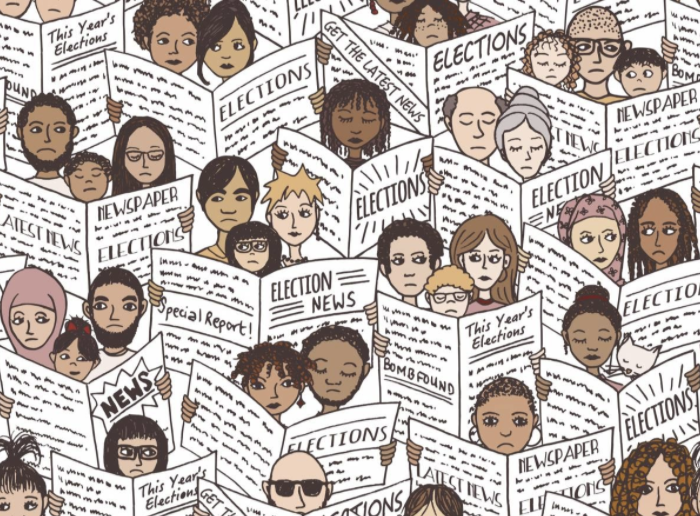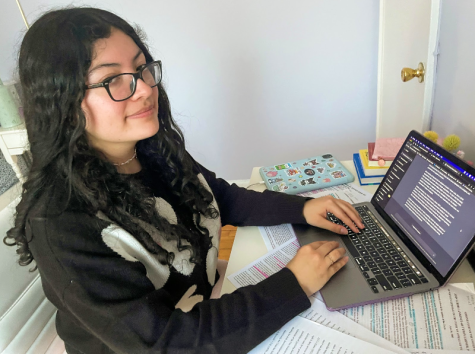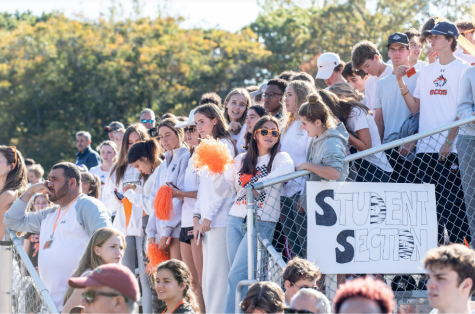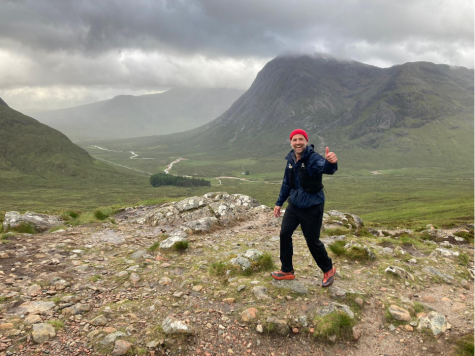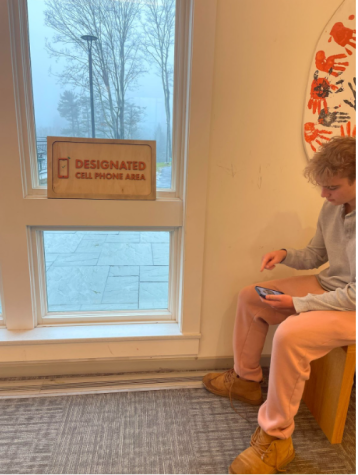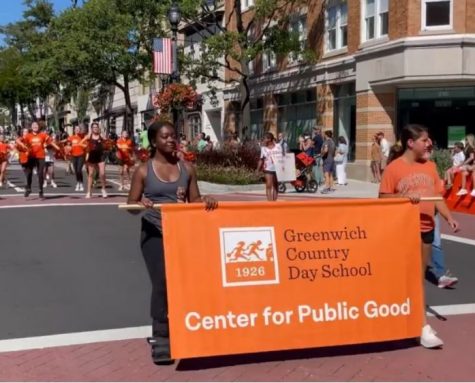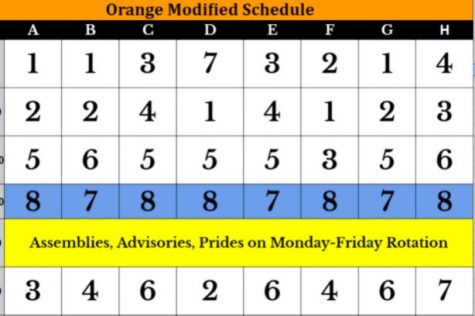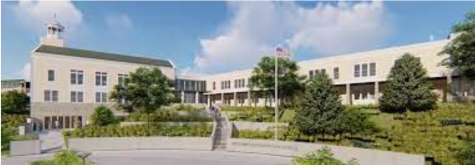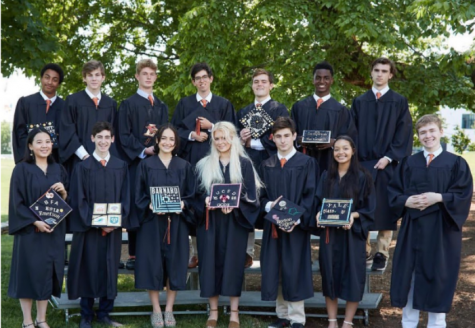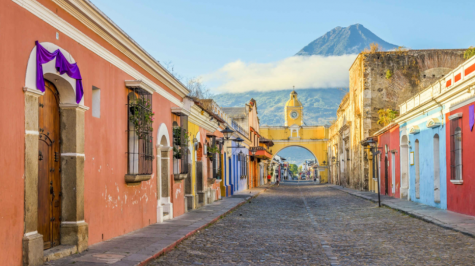Political Conversations in School
Can we avoid political conversation in schools in an increasingly divided environment?
In an increasingly divided political environment, many people have thought it best to avoid political conversation in day-to-day situations. However, the massive political events that have taken place over the past year have made it clear that talking about such topics might not be entirely unavoidable. Do these recent events show that we need to normalize respectful political conversations in daily environments, such as school, or should politics continue to be a compartmentalized conversation?
When talking about safe spaces for students and children, school is usually the first place that comes to mind. Safe spaces include the freedom to have an opinion. With everything that has gone on in the world, it is safe to say we all gained an opinion on many political issues. Should the school shed light on the fact that we are growing into our own opinions? Should there be spaces to have these conversations and questions we should be asking ourselves? Going into how GCDS handles these types of conversations, I think we could do better. In many aspects, we are walking on eggshells not trying to say the wrong thing. It is never okay to put down another’s identity or self-worth based on their opinions, but we are old enough to realize that we are not always going to agree with the person next to us and that’s just fine. Instead of trying to silence opinions, we should be teaching our students how to deliver their thoughts in a fair way.
Incorporating more political conversations in humanities is a plausible solution. In this scenario, teachers could spend time teaching students about different opinions, the mentality behind them, the origins of them, and the long term impacts, putting emphasis on how they relate to current events. These class conversations would not be intended to spark debates, nor showcase student opinions, however, those two outcomes would be a natural outcome. As a result, students will become comfortable in their abilities to have political conversations, with non-bias and respectful intentions, that can take on heavy and controversial topics.
It’s clear that political conversation cannot be entirely avoided. In fact, it’s necessary in order to introduce a new generation of empathetic, logical, and rational thinkers who can listen to a variety of opinions while forming their own informed ones. GCDS definitely aims to guide students in thinking this way, but, of course, there is always room for improvement. As shown above, there are many paths to take to start having these informative and respectful conversations. By choosing to have these conversations, GCDS will provide students with the right tools and experience to become well-rounded thinkers.
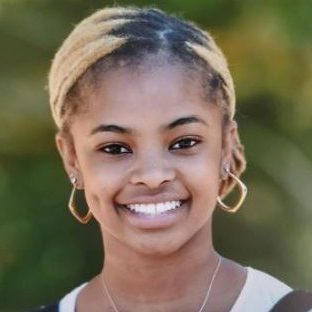
Camille Jordan is a junior who’s excited to be a reporter for the new Stripe Chronicle. With her having a passion for journalism, she is excited to report...
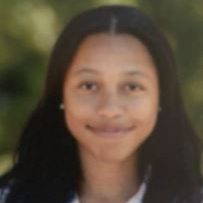
Kayla Richards is a junior at the GCDS high school. Having been at GCDS since fourth grade, she’s excited to start her first year with the chronicle....


